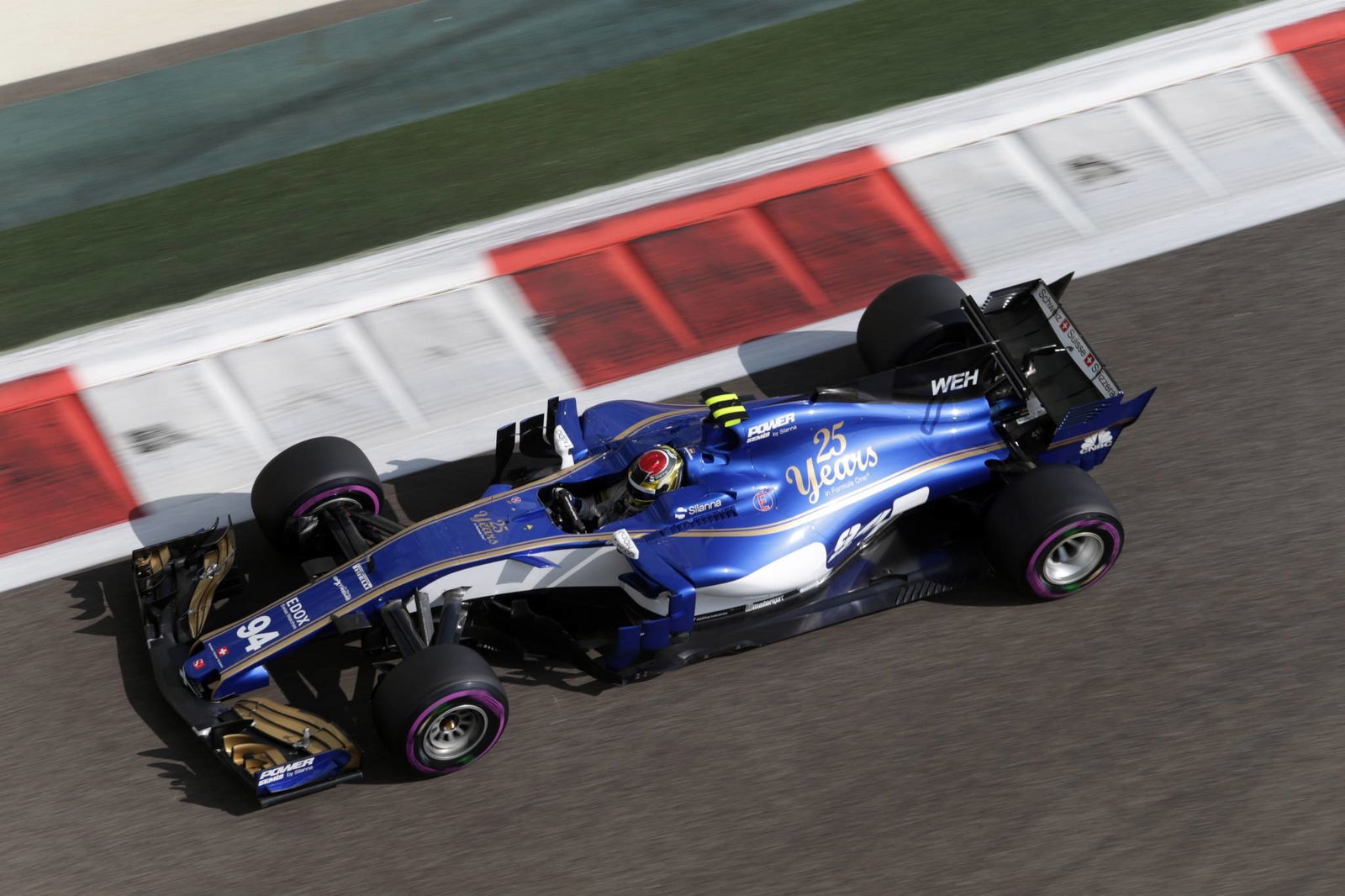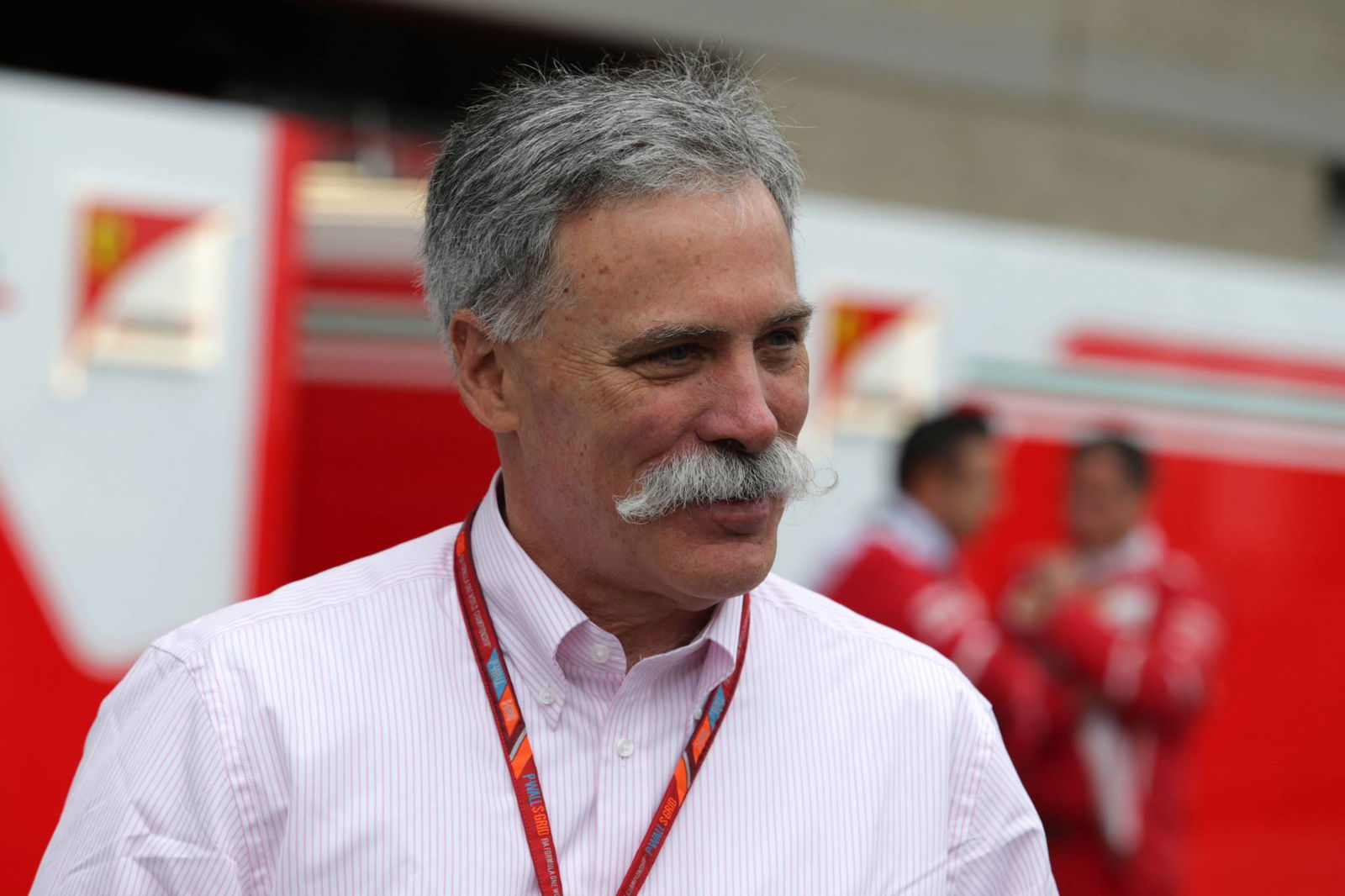Brawn: F1 won’t use “artificial or improvised means” to level teams
Formula 1 managing director Ross Brawn has ruled out using “artificial” performance levellers to close the gap between the teams but did highlight his growing concern about the deficit which was underlined at the Abu Dhabi Grand Prix.
Despite a closer battle between the dominance of Mercedes and a resurgent Ferrari in 2017, the German manufacturer still wrapped up the F1 World Constructors’ and Drivers’ titles with races to spare while in the 2017 season finale the pack became stretched due to the vast performance difference between the teams.

Formula 1 managing director Ross Brawn has ruled out using “artificial” performance levellers to close the gap between the teams but did highlight his growing concern about the deficit which was underlined at the Abu Dhabi Grand Prix.
Despite a closer battle between the dominance of Mercedes and a resurgent Ferrari in 2017, the German manufacturer still wrapped up the F1 World Constructors’ and Drivers’ titles with races to spare while in the 2017 season finale the pack became stretched due to the vast performance difference between the teams.
While Brawn is eager to see each team converge in terms of performance to produce closer racing he says the new management is assessing what changes can be made to quickly encourage a more competitive field.
Despite the current use of DRS to aid overtaking and systems like engine boosting, Brawn has rejected the idea of further artificial steps to help track action.
“I think we have a duty to look at ways of making the championship more balanced, without resorting to artificial or improvised means,” Brawn said in an F1 release. “That's why, for several months, working first and foremost with the FIA and the teams, we have been looking at ideas to make the sport we all love, more interesting.
“That's what the fans want, as has been seen from the research we have carried out over the past few months and let's not forget that they are the sport's most important asset.
“The Abu Dhabi race confirmed in no uncertain terms the huge gap between the top three teams (Mercedes, Ferrari and Red Bull) and the rest of the grid. After 10 laps, seventh placed Nico Hulkenberg was already 19.170 seconds off the leader, which grew to 85s by the end of the race.”
While Mercedes, Ferrari and Red Bull battled for top spot honours in 2017 the gap between those teams and the rest of the field has increased with only one podium finisher (Lance Stroll’s third place for Williams at the Azerbaijan Grand Prix) outside of the top three teams – the worst record in the V6 hybrid engine era.

